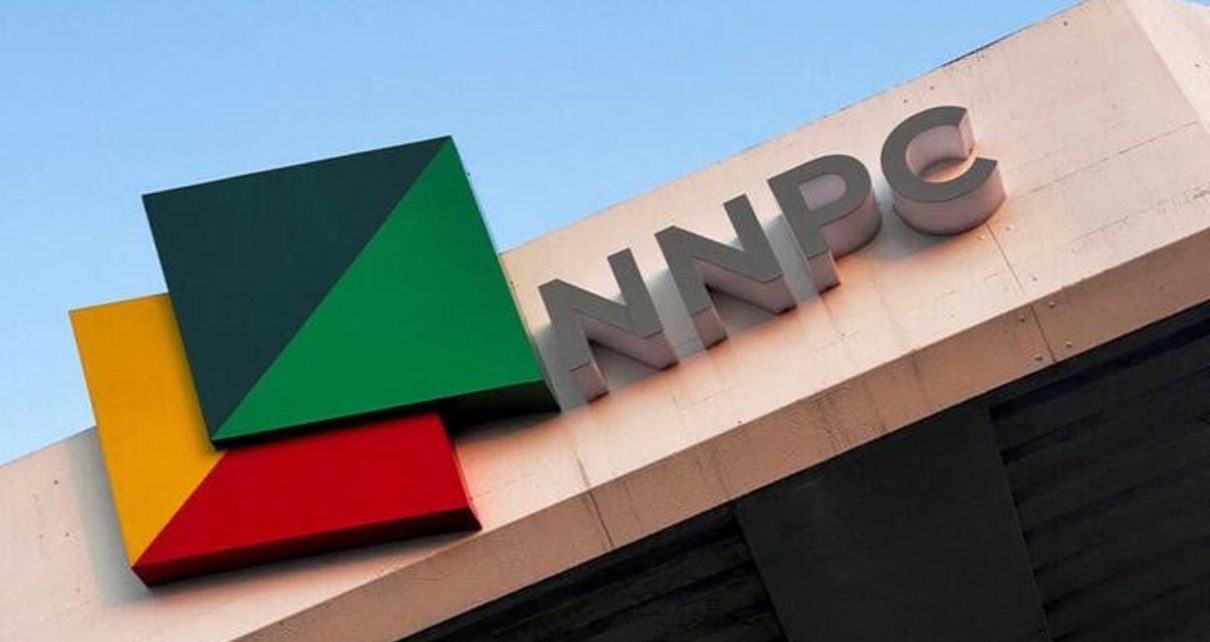The Nigerian state oil company, NNPC, has transitioned from oil swaps to cash tenders for gasoline procurement for the first time in nearly a decade, according to four reliable sources cited by Reuters. NNPC recently closed its latest tender for petroleum set for delivery in November, and two of these sources have indicated that the company is committed to settling the last outstanding debts associated with the long-standing oil swap arrangements by the end of the coming month.
This strategic shift in procurement comes as part of President Bola Tinubu’s efforts to eliminate costly fuel subsidies, a move initiated when he assumed office in May. It is a significant aspect of broader reforms aimed at stabilising the financial health of Africa’s largest oil exporter.
Cheta Nwanze, a leading partner at Lagos-based SBM Intelligence, expressed optimism regarding this transition, describing it as a positive step. However, there remains a question of whether this approach can be sustained.
In recent years, NNPC’s reliance on oil-for-gasoline swaps has led to the accumulation of substantial debts. Even amid surging oil prices last year, NNPC could not contribute to the government’s coffers, as the crude oil it had was mainly committed to oil swaps, leading to substantial debt owed to traders, amounting to approximately $3 billion. These sources anticipate that these debts will be cleared in November.
Tinubu’s comprehensive reforms in May had a significant impact, leading to a more than threefold increase in petrol prices and significantly curbing cross-border smuggling, which had been draining substantial fuel quantities out of Nigeria to neighbouring countries with higher pump prices.
Despite being a significant oil producer, Nigeria conducts minimal oil refining and heavily depends on fuel imports to meet the needs of its 200 million citizens.
Even with these reforms, NNPC continues to be the exclusive gasoline importer due to ongoing foreign exchange limitations and a pricing cap that essentially prevents private importers from operating profitably in the fuel import business.
Bringing the official naira exchange rate closer to the parallel market is one of President Tinubu’s top priorities, as there is a significant gap between the two. Notably, the black market saw the naira hit a record low, surpassing 1,000 against the dollar just last month.




